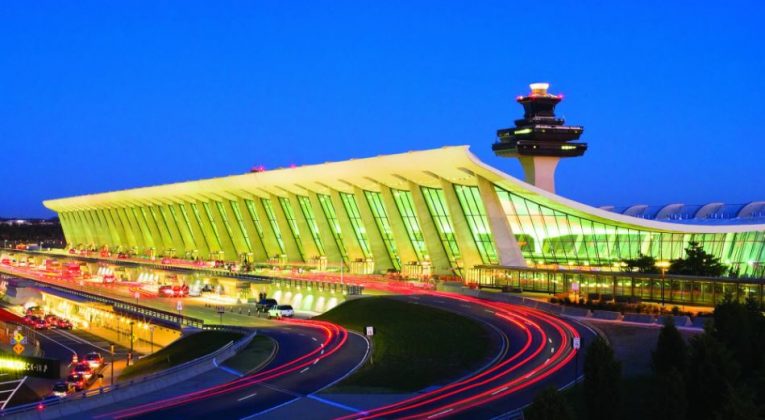Today, the Department of Transportation announced new consumer “protections” for airline passengers. My reaction was to yawn.
The bill makes me think back to 2001, a true summer from hell. I remember sitting on the tarmac at La Guardia and feeling fortunate that we were “only” 26th in line for takeoff. Congress proposed a bill of rights that time. The Congressional bill would have had some real teeth, particularly in regard to what it considered unfair pricing and competitive tactics. The airlines got smart quickly, however, and came up with their own “Bill of Rights.” The airline version was watered down, of course, but it allowed lawmakers to declare victory.
Department of Transportation Actions Today
Today’s release focuses on the issues of reporting requirements around reliability and baggage. There are also some additional rules regarding baggage fees and pricing disclosures.
Reporting Requirements
The DOT announced new regulations expanding reporting requirements around monthly data. For starters, it lowered the threshold for monthly data disclosures from airlines who represented 1% of domestic revenue to those that represent at least 0.5%. I have yet to identify any that will be affected by the change, although that doesn’t mean that a few carriers didn’t slip through the cracks. The new requirements will also force airlines to report on their code-share partners, including the regional partners. These rules accompany ones that require the airlines to report on mishandled wheelchairs.
Baggage Update

The baggage requirements interest me more than any others, although it’s likely for different reasons than it would be for most people.
First, airlines will now have to report the total number of bags carried, as opposed to the number of mishandled bags per person. That rule makes sense, as it will lead to increased accuracy.
But the one that really gets me is that airlines now have to reimburse passengers for bags that are “substantially delayed,” although the term is undefined. Previously, the airlines only had to pay you for lost luggage. I do not begrudge the airlines the ability to charge for bags (or anything else they feel like charging for). They are businesses, and have a right to try to maximize profits. But they also have to produce the product, and it amazes me that they weren’t proactive about refunding fees already if bags were delayed. This one is a no-brainer. Picking on airlines is fun and easy, but they don’t have to make it so easy. If your bags don’t show up on time, you shouldn’t have to pay. Not having declared that already is just asking to be regulated.
Pricing Transparency

The rule is pretty much as it reads. If you are selling tickets, you have to disclose pricing conflicts. On an airline’s proprietary website, it makes sense that they would show their own fares first. But at an online travel agency, the OTA may be receiving a bonus for placement. Can’t wait until this rule is applied to Google searches.
For Your Consideration
Also being considered (but don’t hold your breath): Forcing airlines to disclose ancillary fees, such as checked baggage. The legacy carriers might actually be in favor of such regulation, as it would give them some ammunition versus the ultra-low cost carriers. And Southwest would like it most of all.
Likewise, the DOT is looking into rules regarding minimum standards for travel agents and how to define “ticket agent.” Apparently, it is unclear that everyone who sells flights must follow the same set of rules. Low-hanging fruit, salespeople.
Cover Photo: Creative Commons






